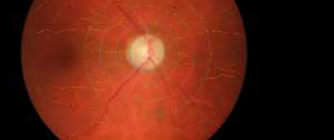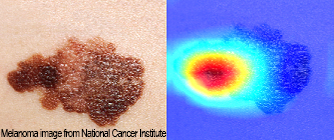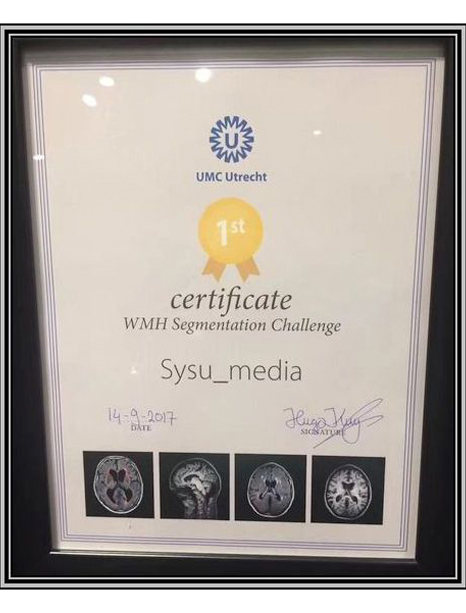Computer Vision and Image Processing
About CVIP Dundee
The Computer Vision and Image Processing (CVIP) group carries out research on biomedical image analysis, computer vision, and applied machine learning. We have forged a portfolio of interdisciplinary collaborations to bring advanced image analysis technologies into a range of medical, healthcare and life sciences applications. Our computer vision research on understanding of human activities has a range of applications that includes situated support systems, rehabilitation, and security.
Latest News and Announcements
PhD Viva Success: Congratulations Tamás!
Congratulations to Tamás Süveges on successfully defending his PhD thesis “Extracting contextual information from egocentric videos". His...
PhD Viva Success: Congratulations Andrew!
Congratulations to Andrew McNeil on successfully defending his PhD thesis “Computer-assisted analysis of arterial narrowing in...
ACE-LP project on BBC Click
The ESPRC funded ACE-LP project featured on the BBC Click Live show, filmed on stage at V&A Dundee.
Honours and Awards
CVIP teams have won several international challenge contests.
WMH Segmentation Challenge at MICCAI 2017
A team from CVIP placed first in this Grand Challenge held at MICCAI 2017 in Quebec. The challenge compared methods for automatic segmentation of White Matter Hyperintensities (WMH) of presumed vascular origin in brain MR images.
Endoscopic Vision Challenge at MICCAI 2015
Software submitted by CVIP achieved first place in contests on early Barrett’s cancer detection (Barrett’s Cancer Detection Award) and on detection of abnormalities in gastroscopic images (Polyp Localization Award) at the MICCAI 2015 Endoscopic Vision Challenge held in Munich.
I3A Contest at ICPR 2014
Software from CVIP achieved first place in both of the tasks (cell classification and specimen classification) in the Contest on Performance Evaluation of Indirect Immunofluorescence Image Analysis Systems (I3A), held at ICPR 2014 in Stockholm. You can read about the winning methods in our Pattern Recognition paper.








